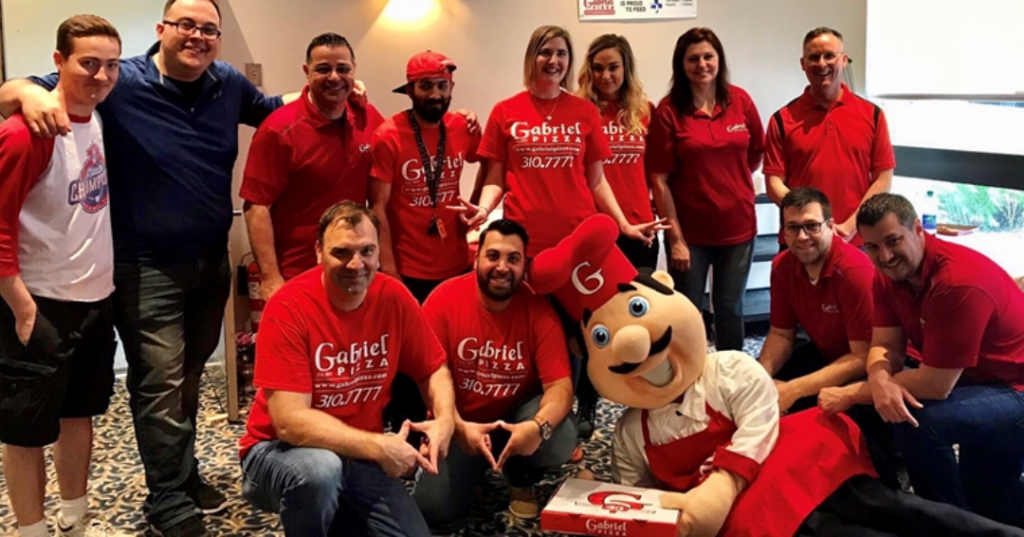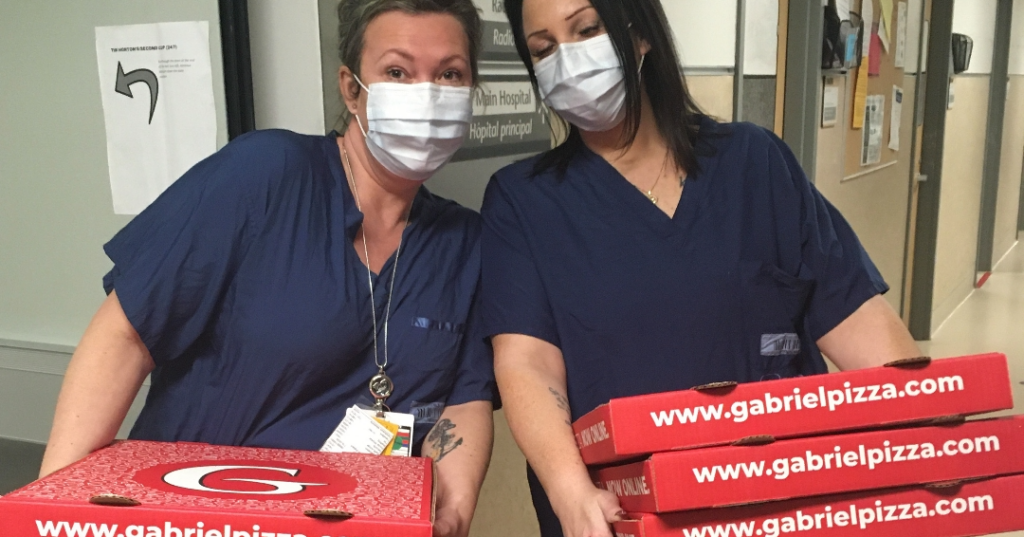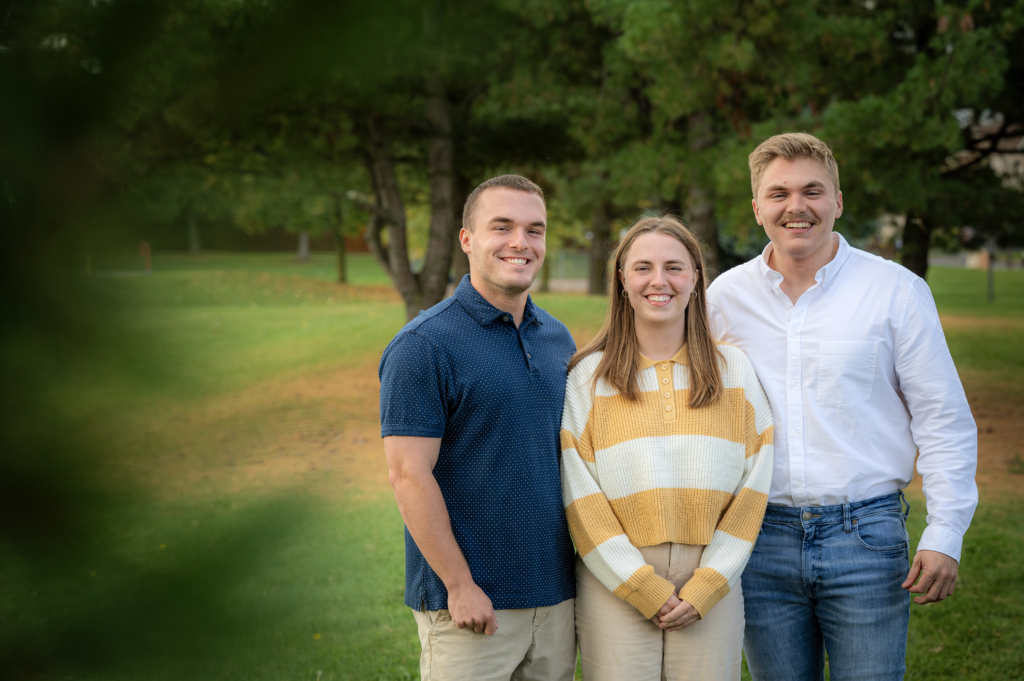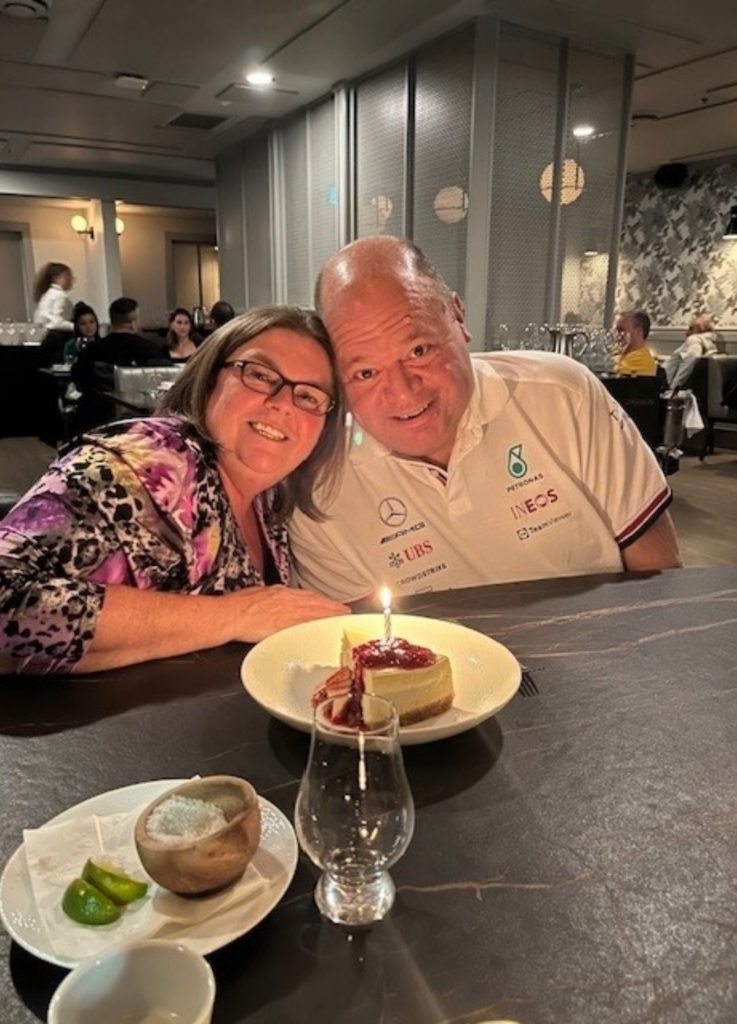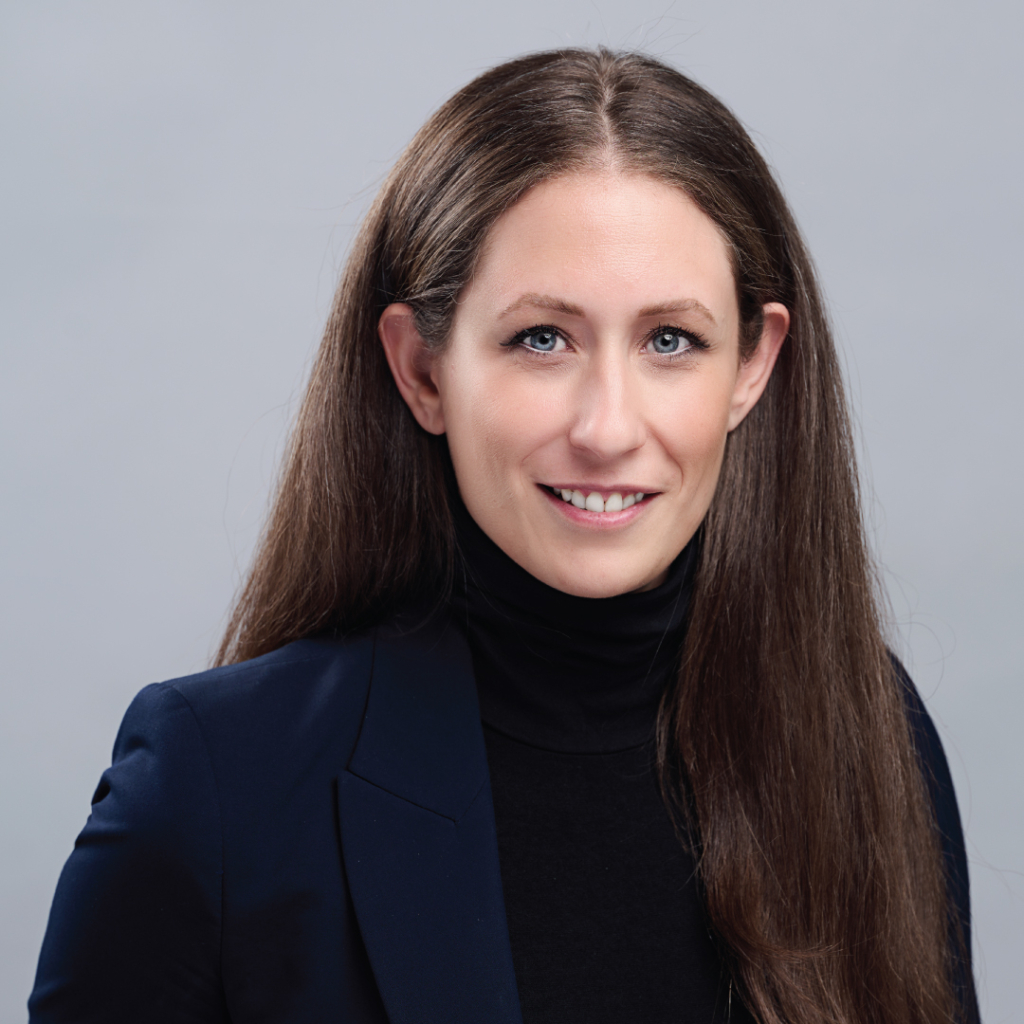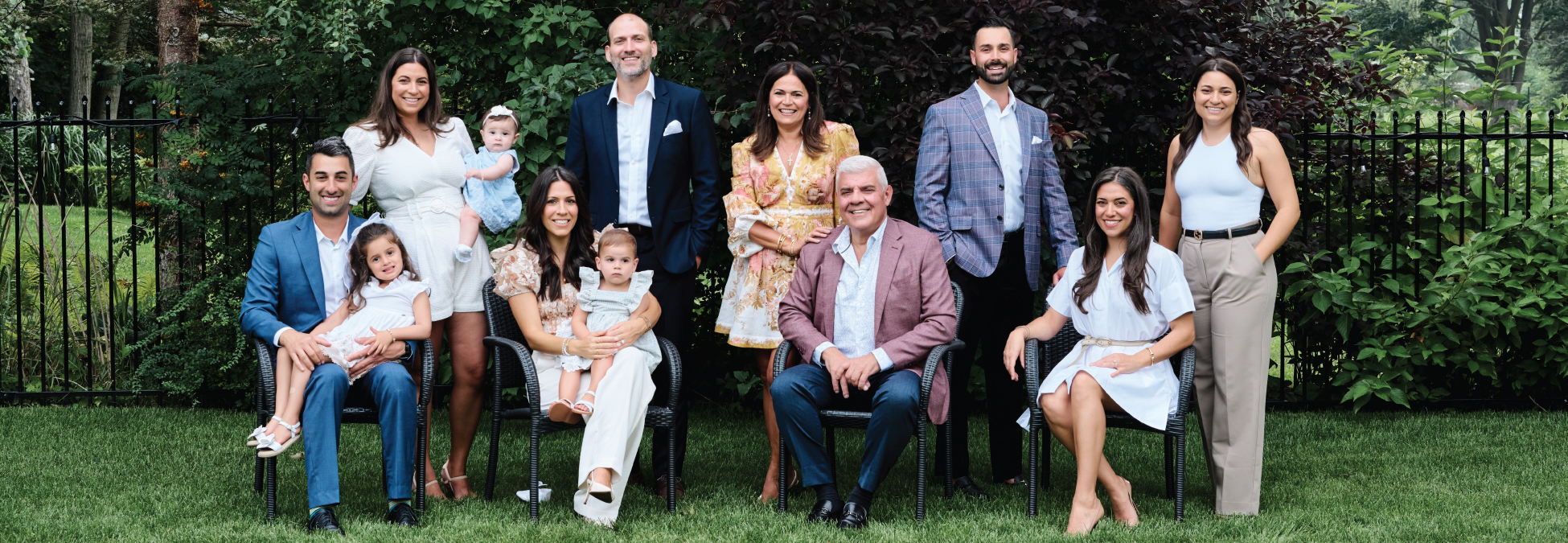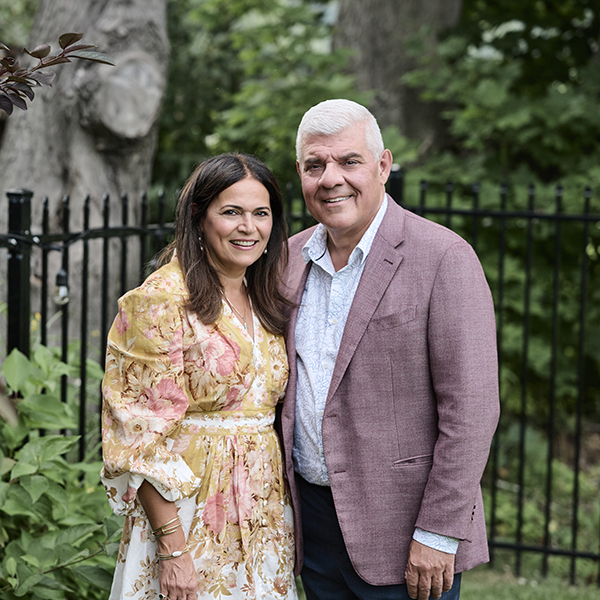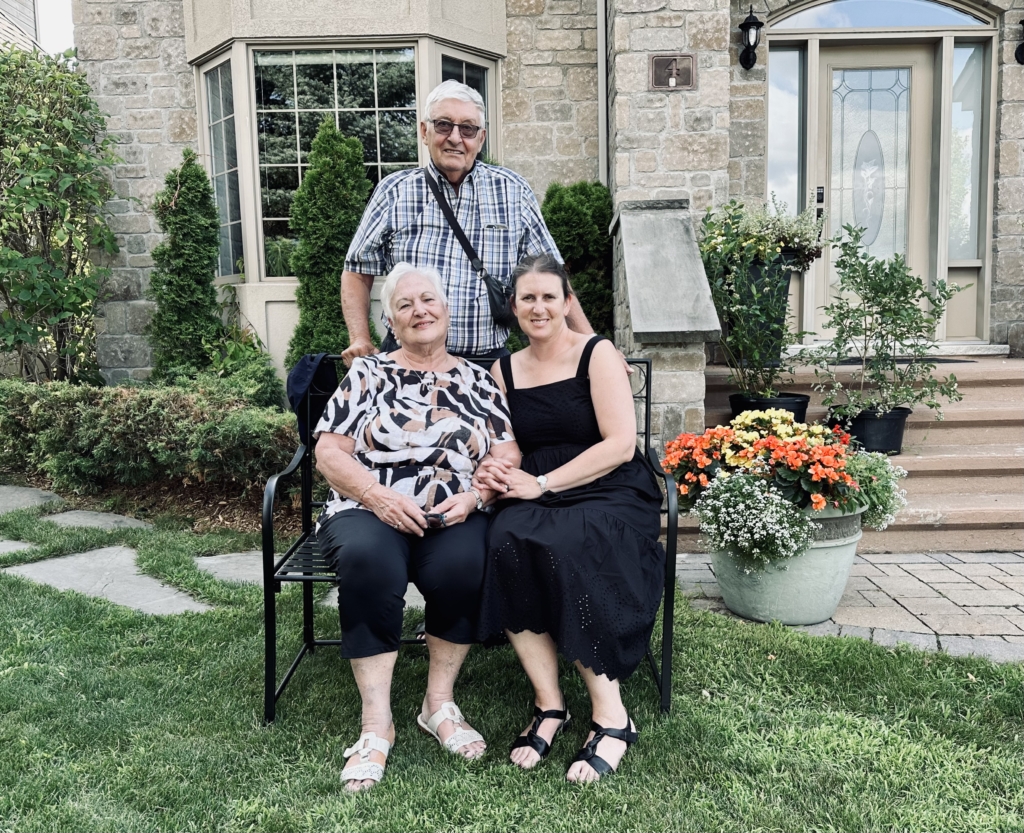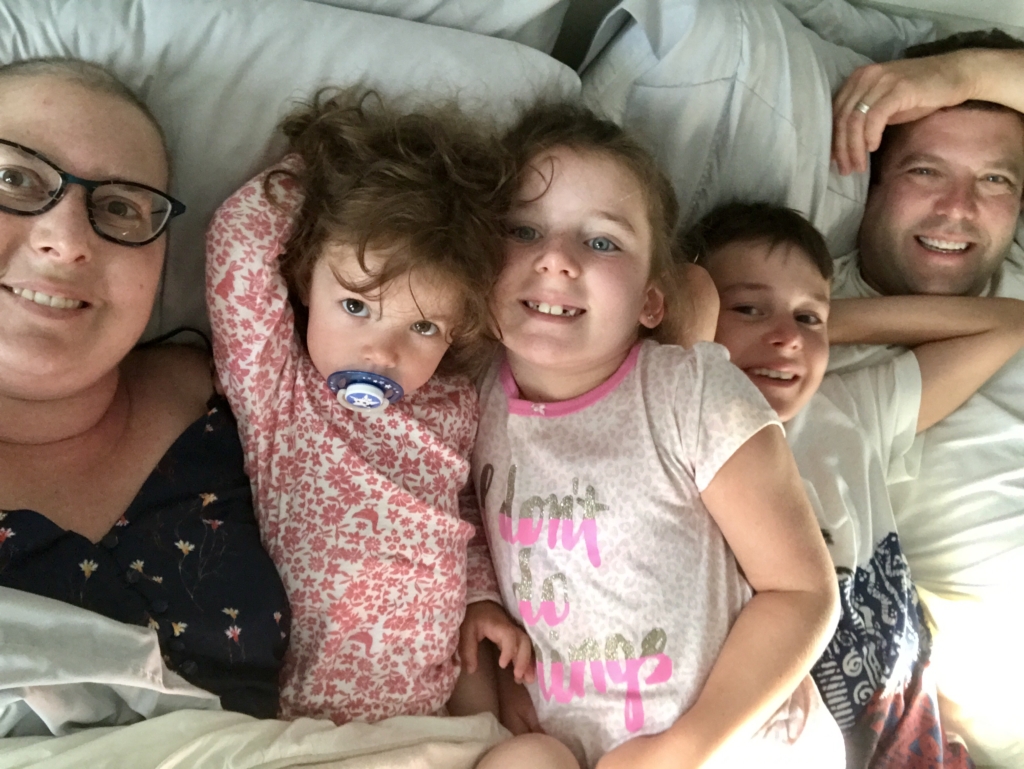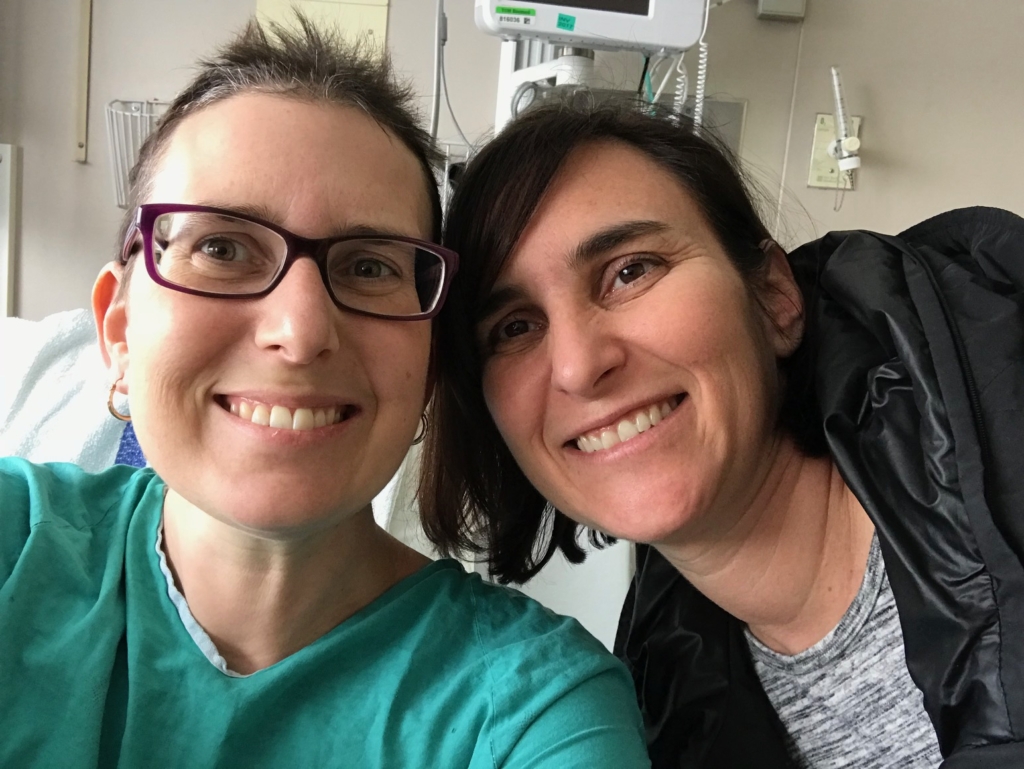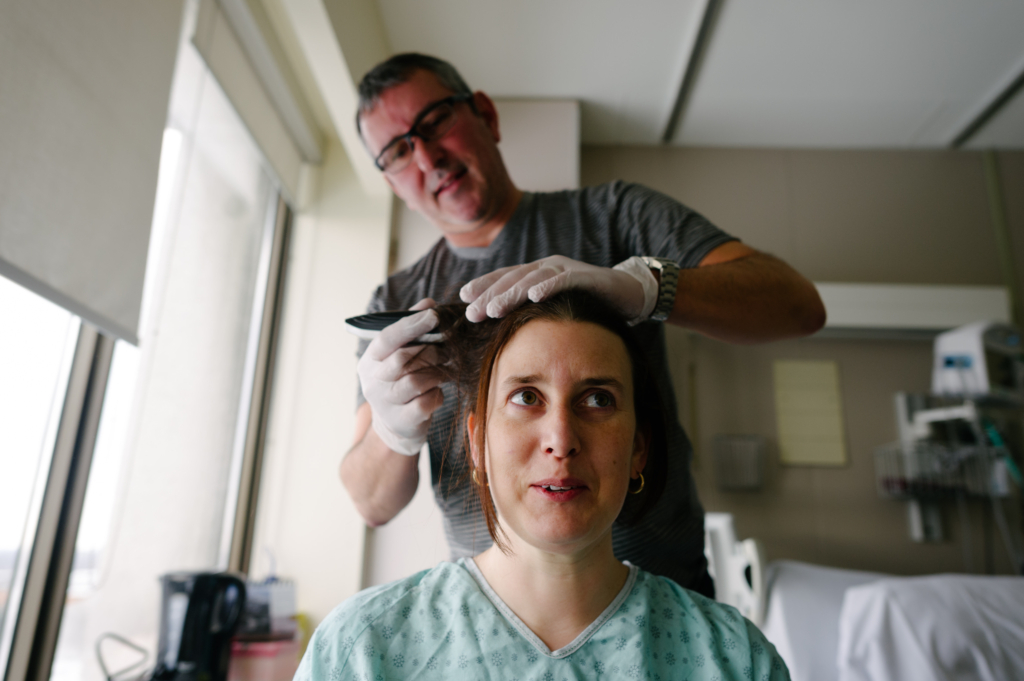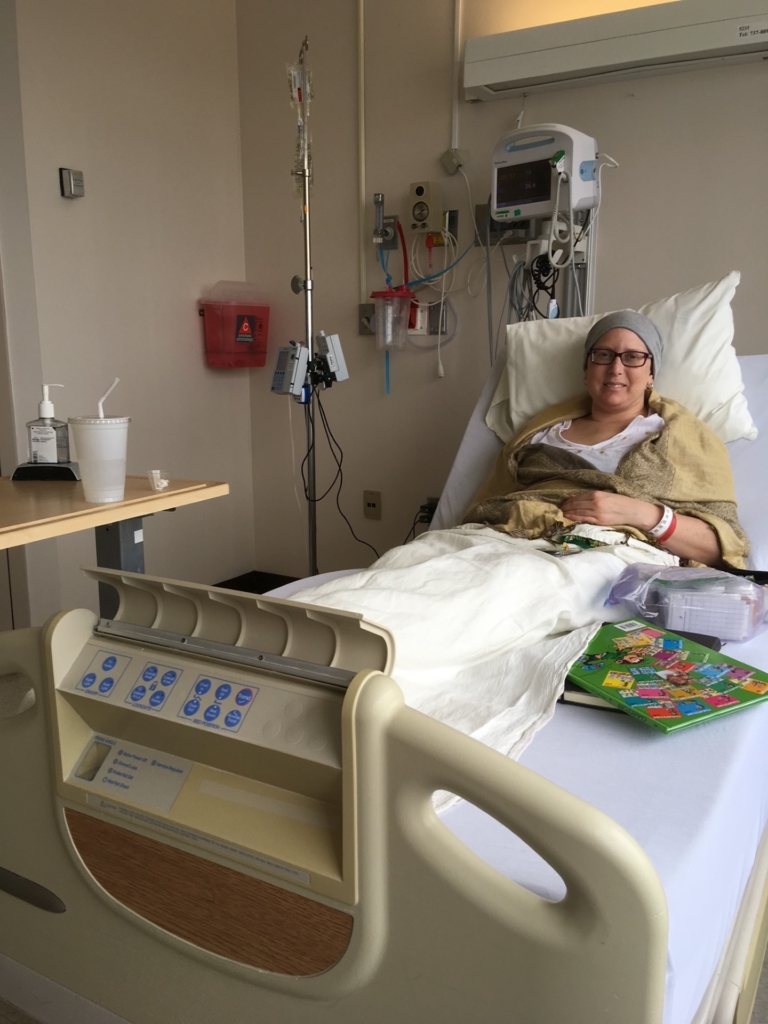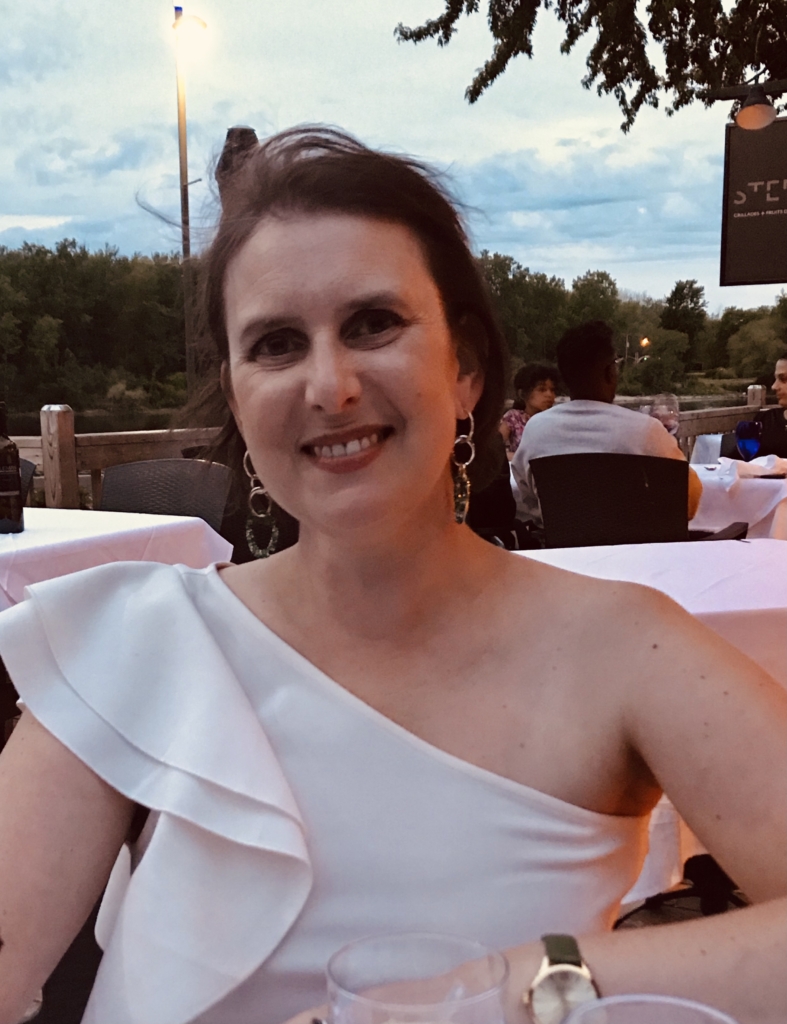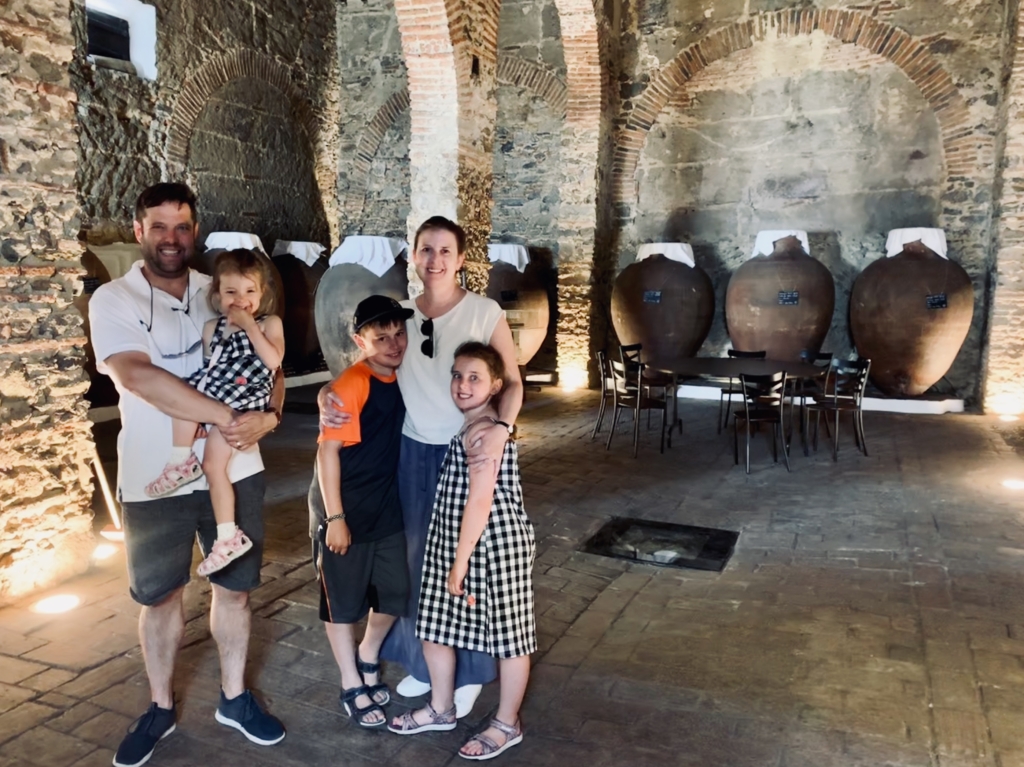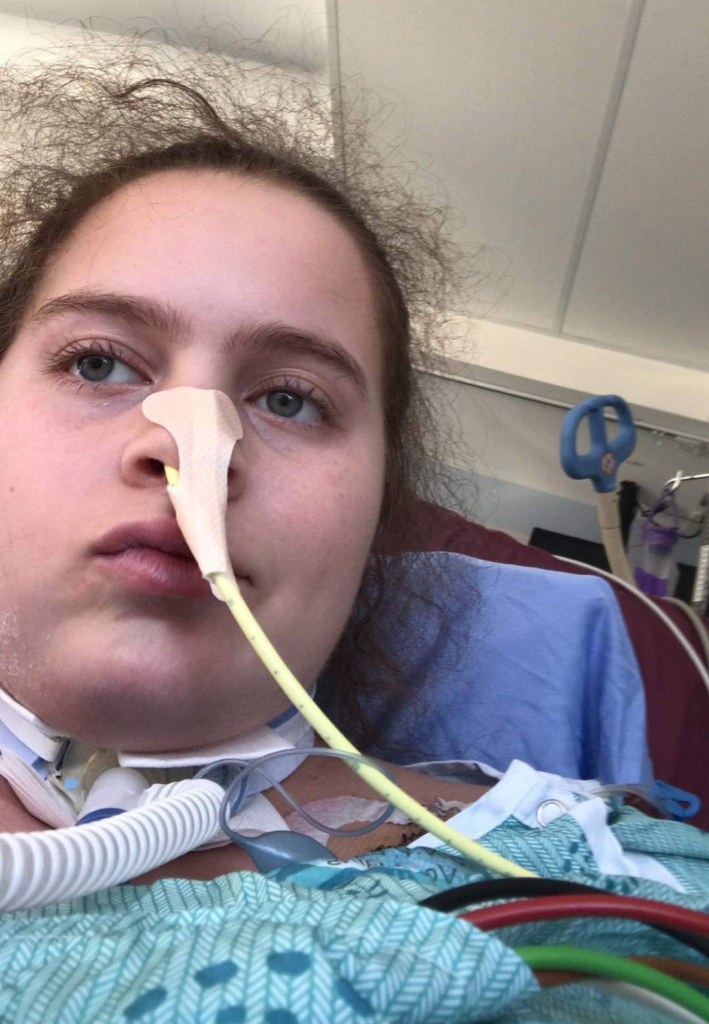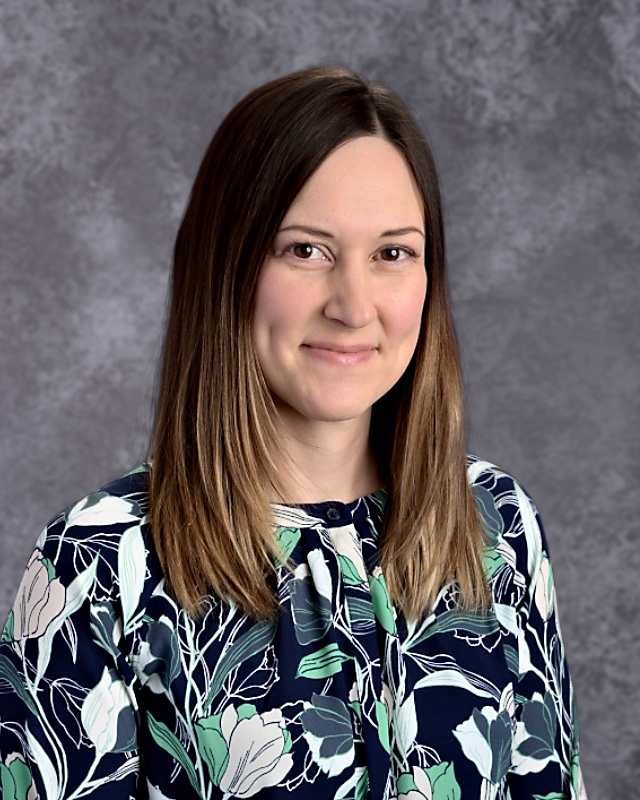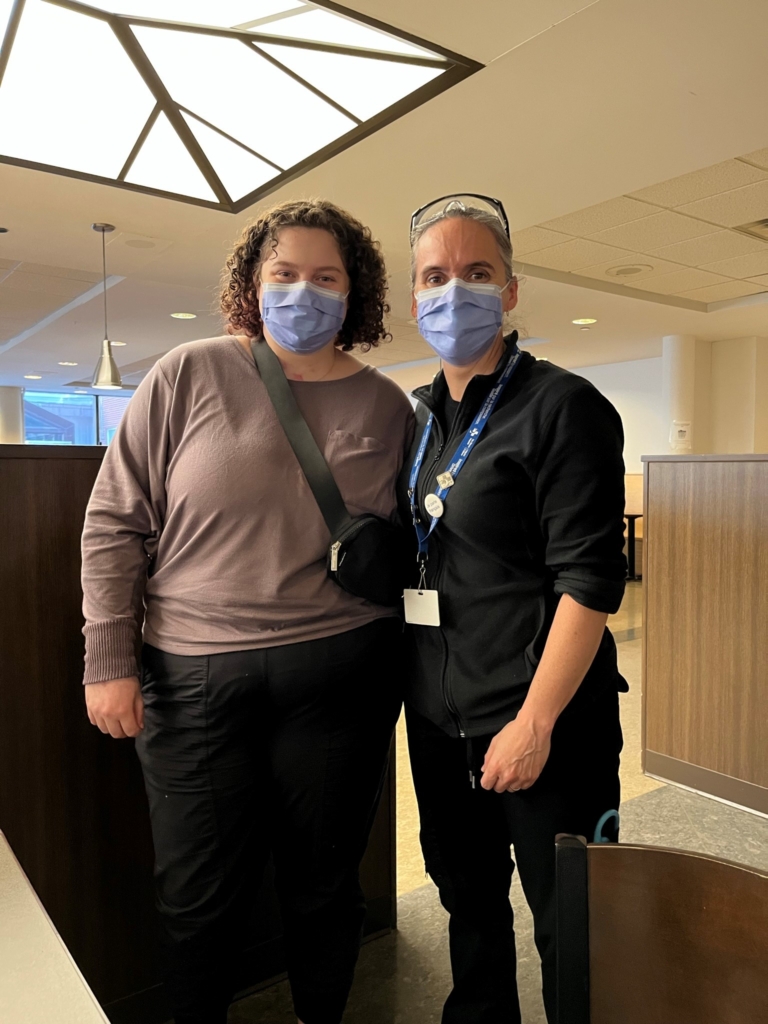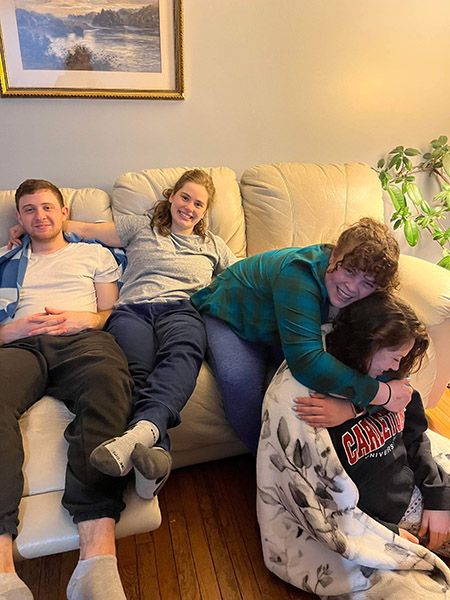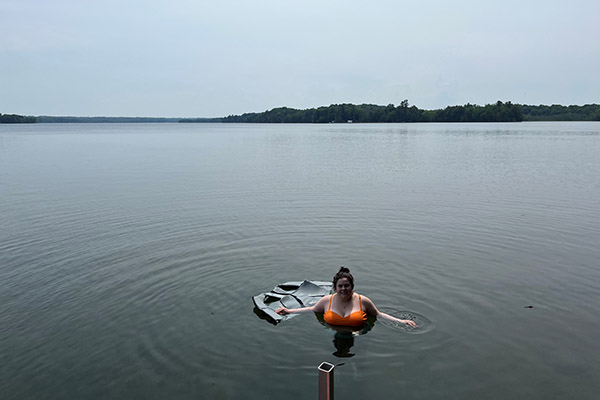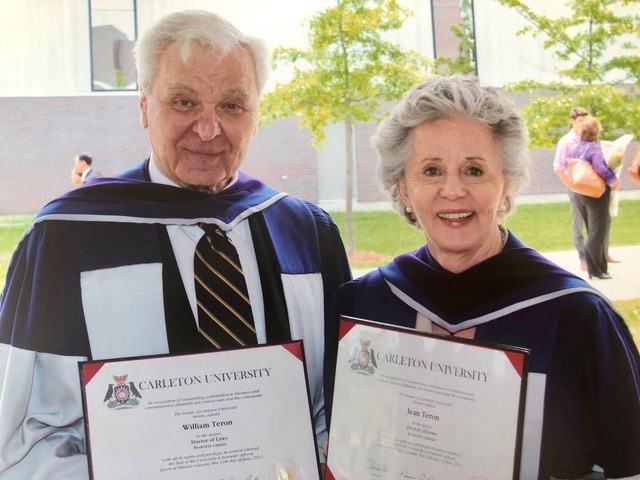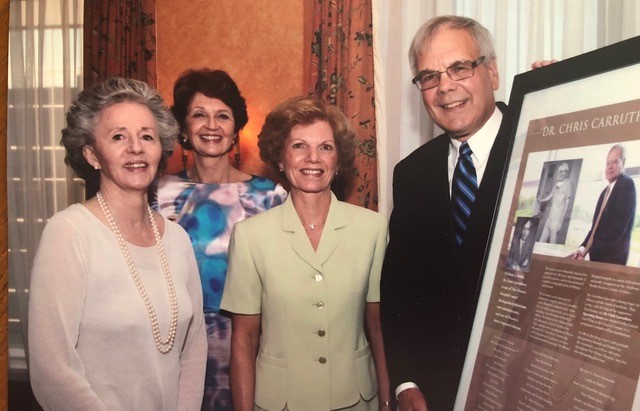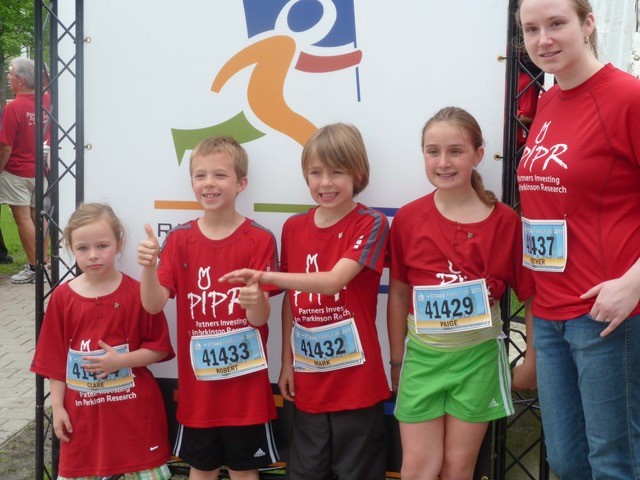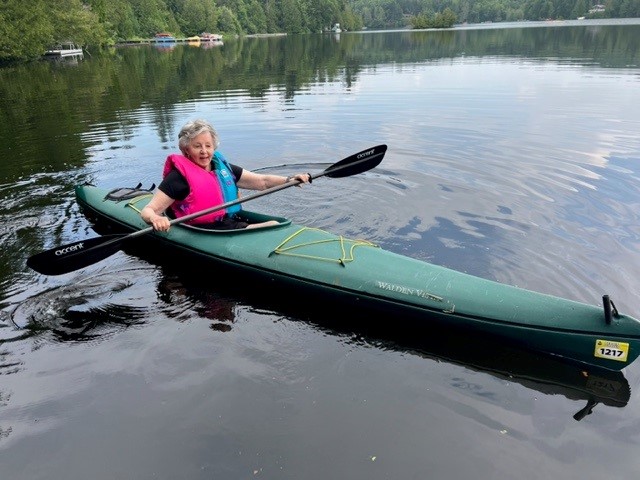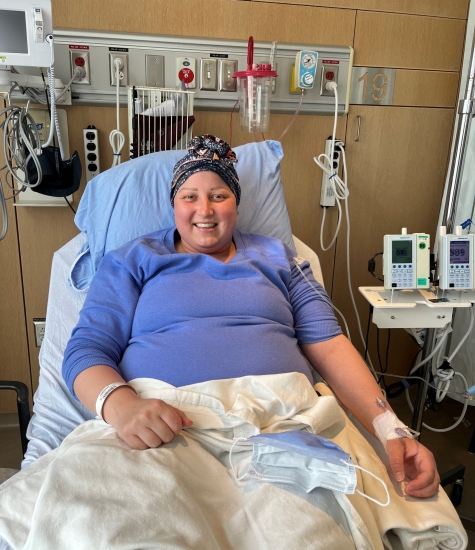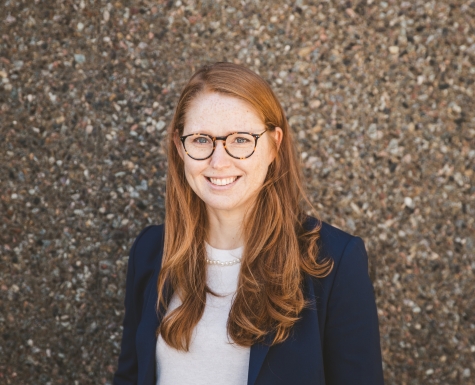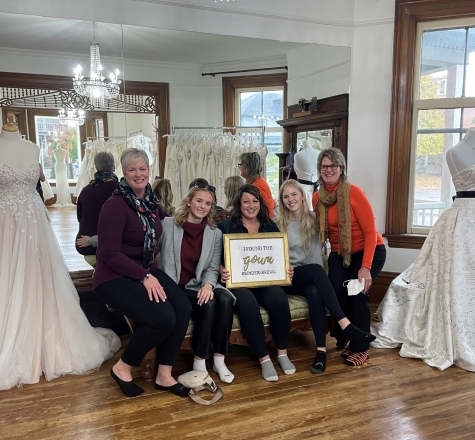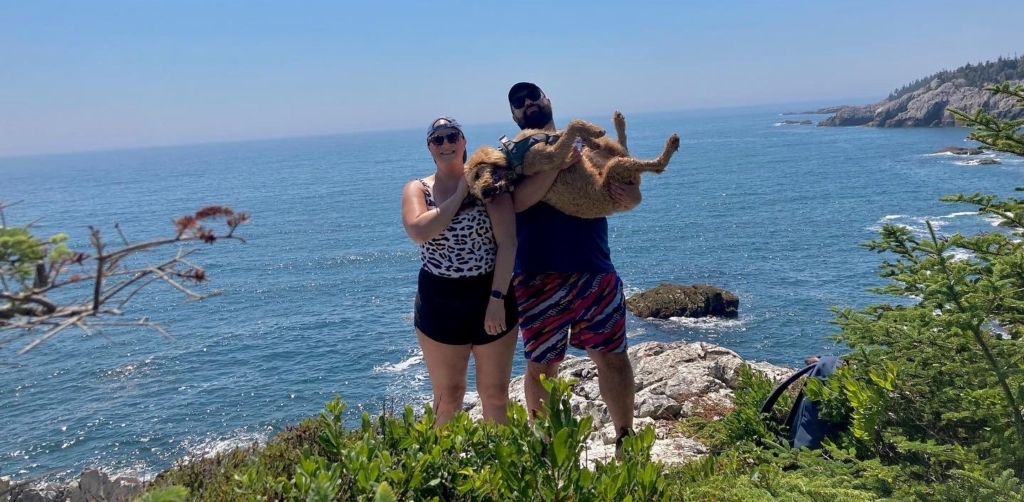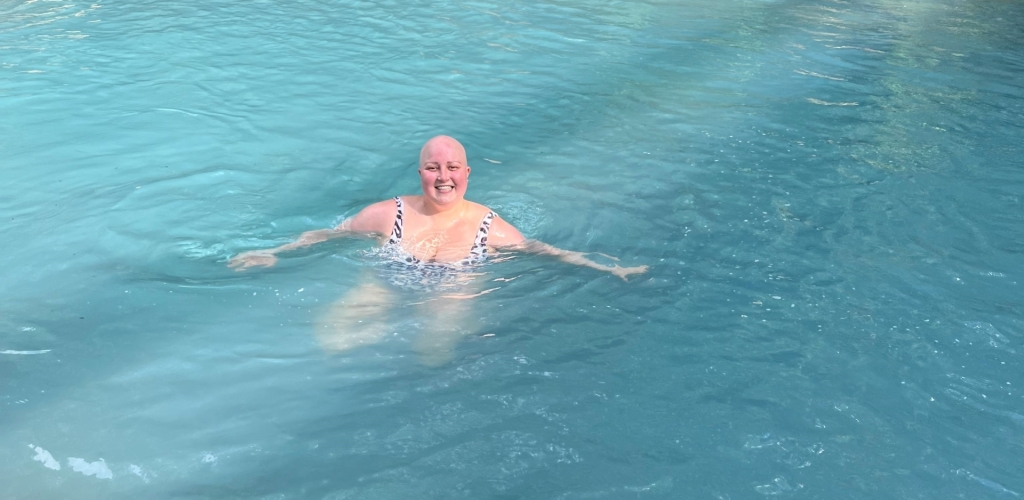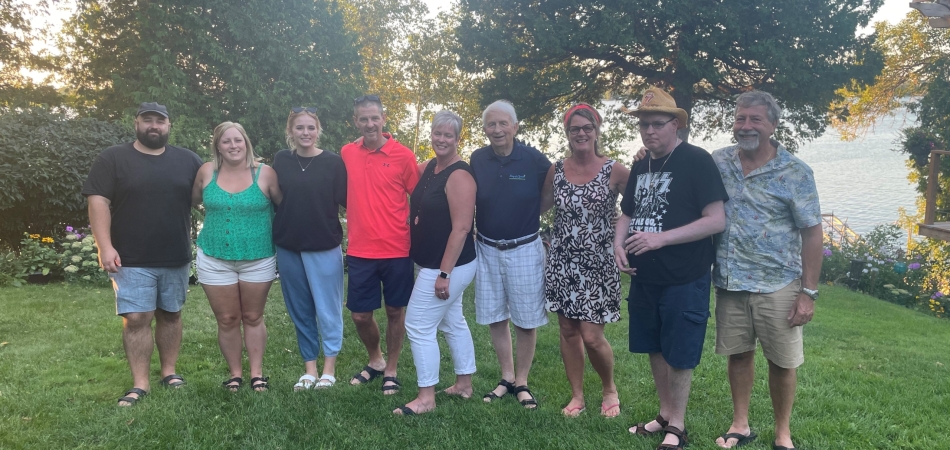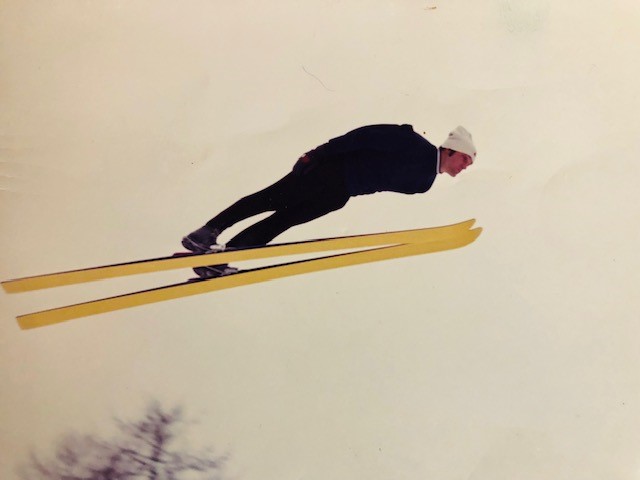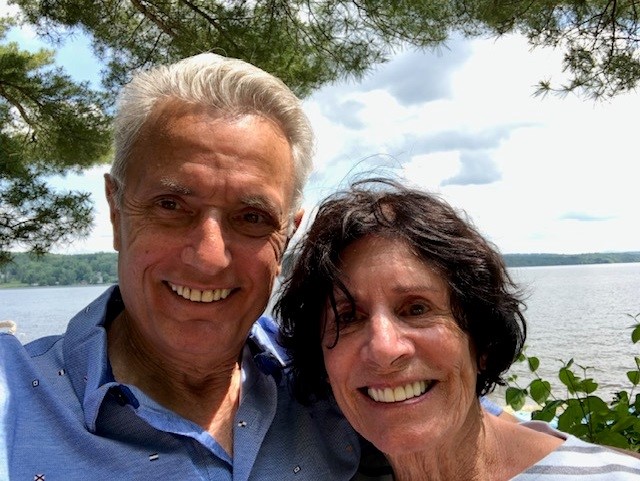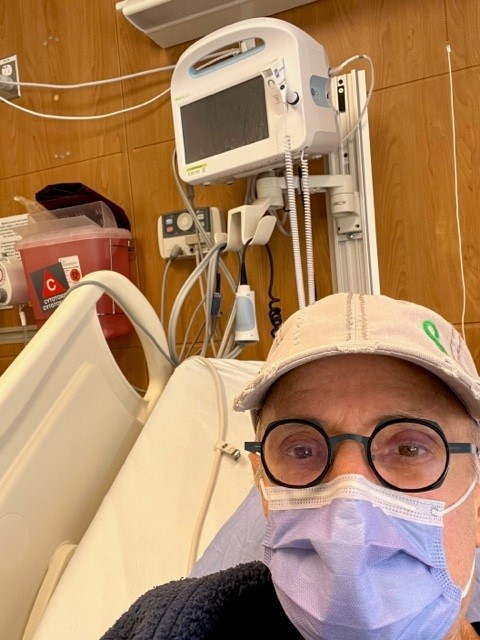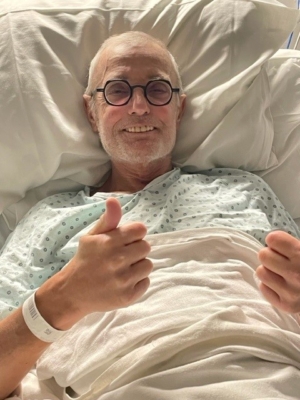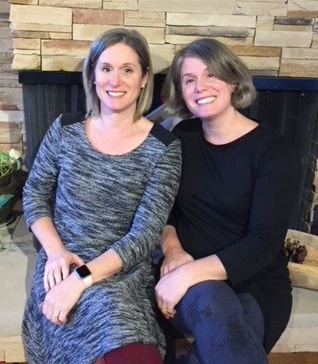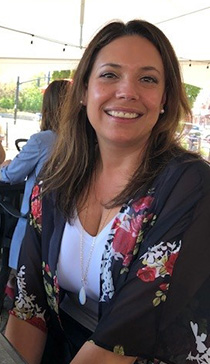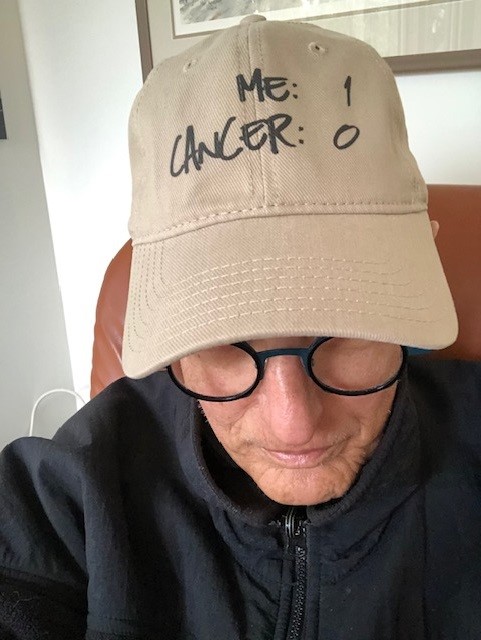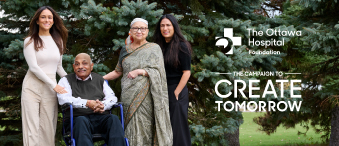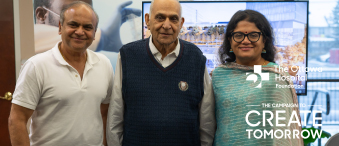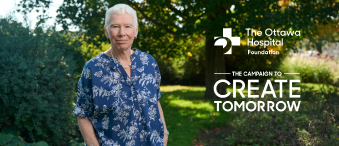Published: December 2023
You would be hard-pressed to find someone living in Ottawa who hasn’t had a slice of Gabriel Pizza.
Served up in 42 restaurants in Ontario and Quebec, at events including Hope Beach Volleyball, RBC Bluesfest, City Folk, and the Ottawa Dragon Boat Race Festival, or enjoyed while you cheer on the Ottawa Senators, RedBlacks, and 67’s, Gabriel Pizza has been an integral part of the local community’s food scene since 1977.
When Michael Hanna opened his first location on St. Joseph Boulevard, he not only started something that would make its way to our tables, but he also started something that would make its way into the heart of our city.
“My dad always had that philosophy of giving back to the community, whether it was a free pizza or giving out a cheque for a baseball team or a hockey team,” says George Hanna, President and Chief Operating Officer (COO) of Gabriel Pizza.
“Whatever we can do to help — to grow our city and to make it that much better for our kids and for generations to come — that’s what we’ll do.”
— George Hanna

George’s father, Michael, brought that philosophy with him when he moved his family to Canada from Lebanon in 1968. He built upon the Gabriel name, and by 1985, opened a second location. That expansion — both in business and in giving back — has continued ever since.
In fact, the franchise has now reached 23 locations in the National Capital Region. And in the summer of 2023, they opened their first location in Atlantic Canada, in Antigonish, Nova Scotia.
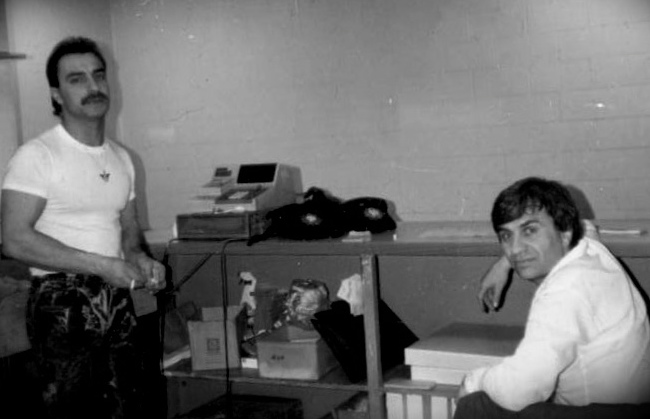
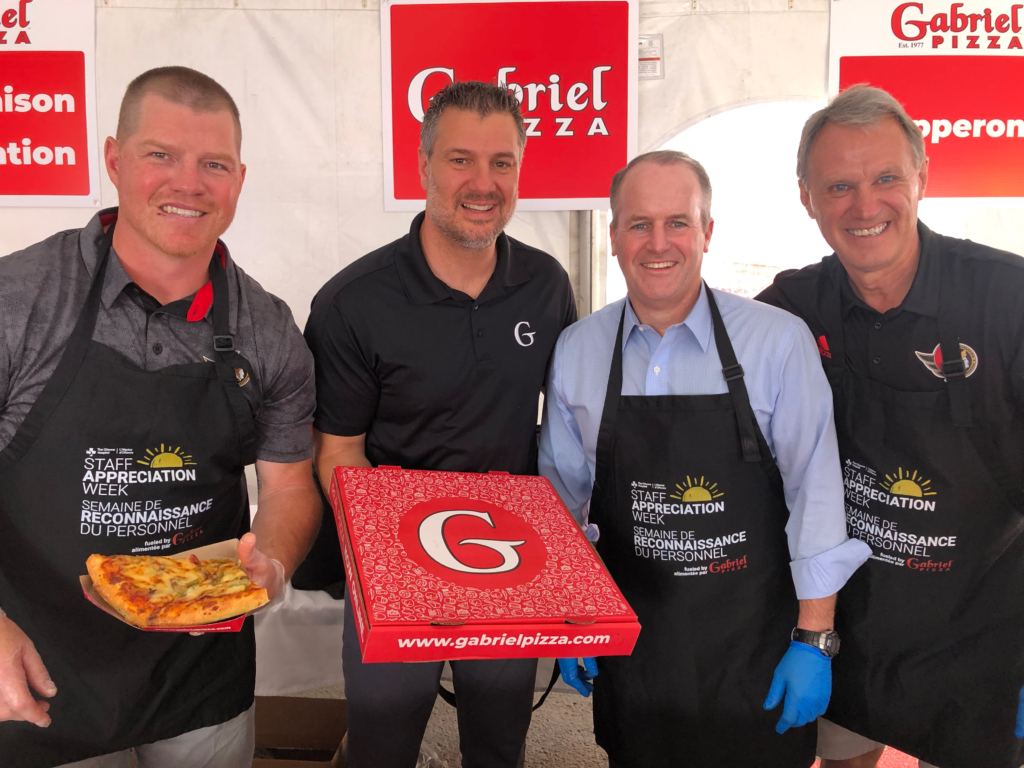
Even as they expand, George emphasizes the significance of their home base. “Ottawa and Gatineau are where we had all our great success, and this is why we always like to give back to our community, to be thankful for the opportunity that we were given. That’s been our philosophy from the beginning.”
Gabriel Pizza’s commitment to community is evident each year during Staff Appreciation Week at The Ottawa Hospital, where more than 14,000 slices of pizza are served to staff. Even during the challenges of the pandemic, the business continued to give back. As George puts it, “I’m in the pizza business. If I can give out some free pizza and it makes everybody happy and it helps the hospital save some money to put it towards something else, why not?”
Their commitment to The Ottawa Hospital and the community goes beyond pizza slices. In 2014, Gabriel Pizza made a significant contribution of $250,000 in support of women’s health, which resulted in the naming of the Hanna Family & Gabriel Pizza Waiting Area at the Rose Ages Breast Health Centre located at the General Campus. Now, Gabriel Pizza has made another significant donation, this time for $500,000 —their largest philanthropic gift to date — to The Campaign to Create Tomorrow.
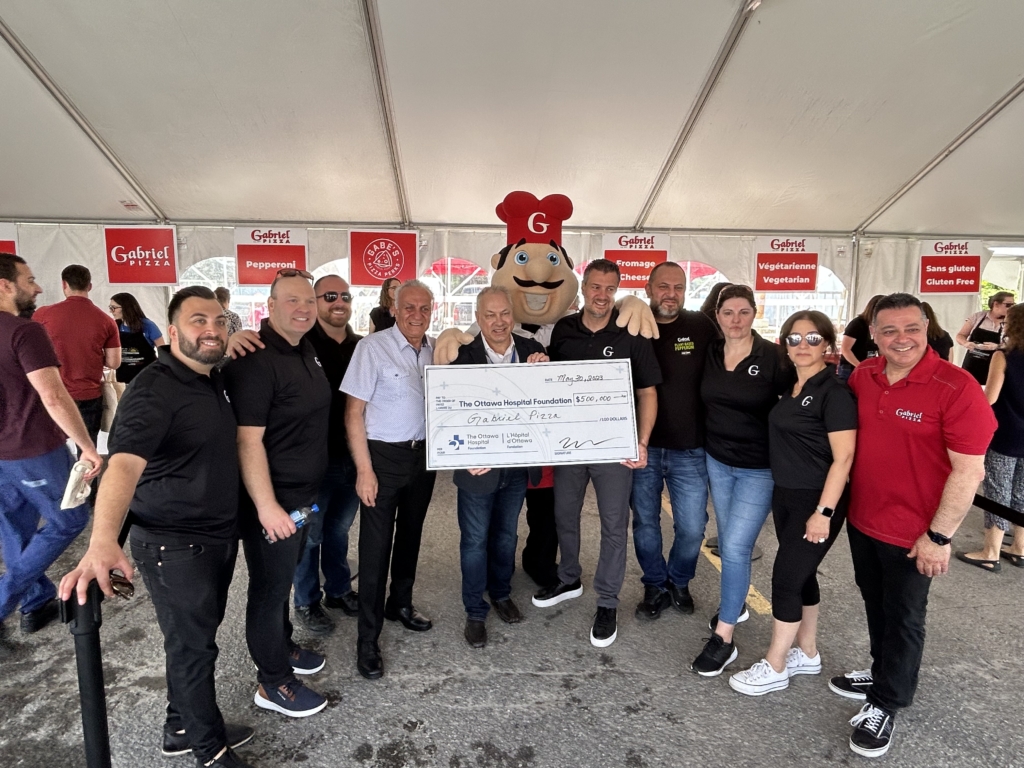
“We need it. Being able to build a state-of-the-art hospital in our community is going to help save people's lives.”
— George Hanna
This ambitious campaign is the largest in Ottawa’s history and sets in motion a vision to completely reshape healthcare by taking groundbreaking research and innovation to unprecedented heights and through building the most technologically advanced hospital in Canada.
George recognizes the critical need, stating, “We need it. Being able to build a new, state-of-the-art hospital in our community is going to help save people’s lives.”
For Gabriel Pizza and the Hanna family, George says giving back is more than a one-time event; it’s a way of life. “There’s a sense of pride when you see your company at the forefront of many community initiatives. We were brought up this way.”
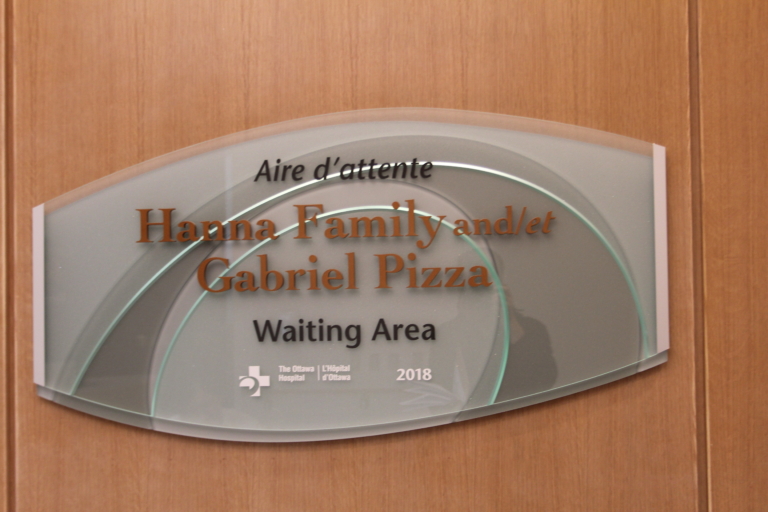
He also emphasizes that any contribution to the campaign, whether a million or a thousand dollars, whether from a local business or local resident, will go a long way in realizing the vision of a new hospital. For him, it’s about leadership and making a difference.
“I think we need to be responsible as a business and as citizens of the city. I think we need to give back.”
— George Hanna
Looking ahead, George is eager to continue supporting the hospital and the community. He looks forward to next year’s Staff Appreciation Week, already planning to distribute pizzas to express gratitude to the hardworking hospital staff.
For George and his family, the true reward lies in making a positive impact. “Just knowing that I was able to make a difference, I think that that’s my reward.”
